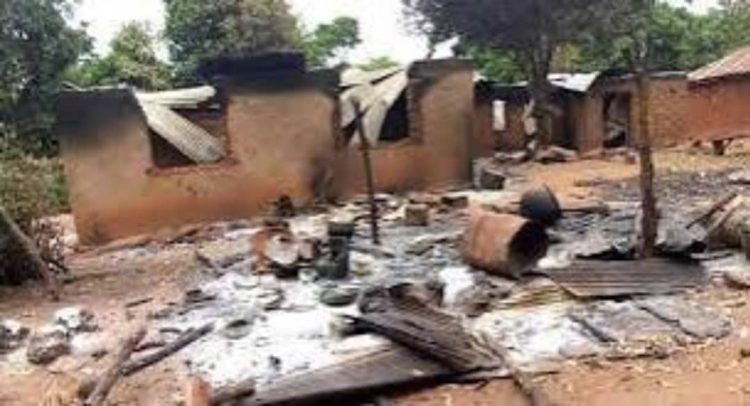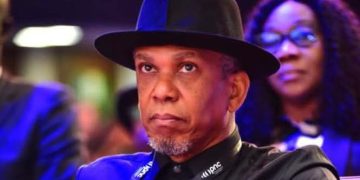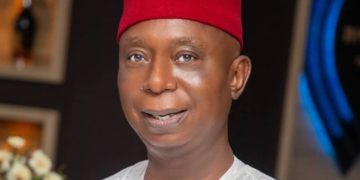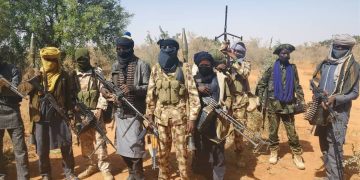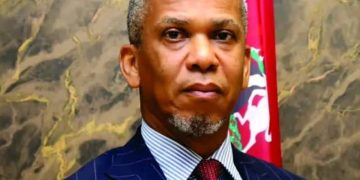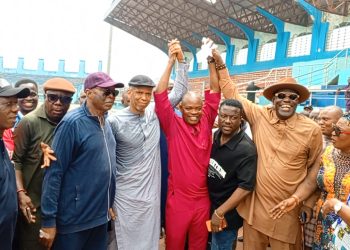By Sir Divramredje Lawrence Efeturi
In the early hours of April 14th, the quiet community of Zike in Plateau State became the latest theatre of unprovoked bloodshed. Armed attackers stormed the village in the middle of the night, leaving behind a trail of corpses, shattered homes, and grieving families. More than 50 Nigerians, citizens of this very country, were brutally cut down while the state watched in silence.
This was not an isolated tragedy. For years, the Irigwe people and surrounding communities in Plateau have endured relentless waves of violence. These attacks have claimed over a thousand lives, displaced thousands more, and razed tens of thousands of farms to the ground. Warnings were issued in advance of this most recent horror, yet the promised protection was nowhere to be found. When help finally arrived, it came not to prevent the killings but to count the bodies.
One cannot help but recall how swiftly the federal government reacted when Rivers State encountered political friction. Without any loss of life, a state of emergency was promptly declared. But here, with blood flowing like water in Plateau, we are met with deafening silence. Are lives in Plateau less Nigerian? Or is it that in the absence of oil or political clout, the people there are simply invisible?
What is unfolding in Plateau is not random. It follows a grim and familiar script. Communities are attacked just before planting season, again during harvest, and again when they attempt to rebuild. Farms are destroyed, homes abandoned, and generations of toil wiped out in hours. The result is clear: starvation, displacement, and the gradual erasure of an entire way of life.
We are told to remain calm, to be patient, to trust in empty assurances. But how can any people live like this—under siege, abandoned by those charged with their safety, their pleas buried under layers of bureaucracy and apathy?
The Nigerian state must decide if it will serve all citizens equally or if some regions are to be sacrificed for the convenience of others. Plateau deserves more than words. It deserves justice. It deserves security. It deserves recognition as part of this nation, not as an outpost abandoned to its fate.
A state of emergency should not be the reward of oil-rich lands or political affiliations. It should be a mechanism for defending human life wherever it is threatened. The silence from the federal level is not just disappointing, it is damning.
If Nigeria’s unity means anything at all, it must mean that the blood of one citizen is not cheaper than another’s based on geography. We cannot continue like this. The Plateau people have waited too long. We cannot let another Zike happen. Not now. Not ever again.
Let the government act; not with statements, not with ceremonial and pretentious apology visits, but with decisive, visible protection for the vulnerable. Anything less is complicity.
– Efeturi, KSJI and Public Affairs Commentator.


